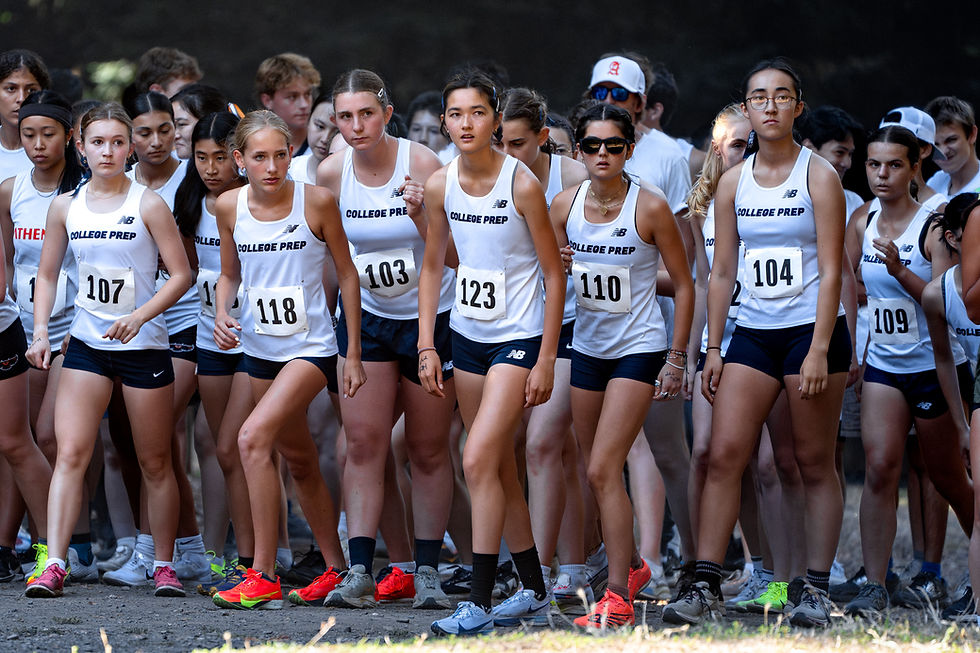Flip the Switch: Modernizing Extemp
- Radar Staff
- Sep 9, 2020
- 3 min read
Updated: Oct 23, 2020

By Theodore G.
In the middle of a worldwide pandemic, wide-scale civil unrest, wildfires which engulf our West Coast, and a highly polarized presidential election, another, arguably smaller, controversy has arisen. The controversy revolves around internet use in Extemporaneous Speaking (Extemp), a forensics event practiced at the high school and college level. In Extemp, competitors get thirty minutes to prepare and memorize a seven-minute speech on one of three questions given to them. The event is an old one, with the first NSDA national championship held in 1931, and has experienced some unique growing pains with the invention of the internet. It was commonplace for the college level to allow internet use in preparation and the high school level to prohibit it. Over the last few years, however, some tournaments have used pilot rules (rules to try out new programs) allowing for some internet use. Now most virtual tournaments are allowing the practice for the first time across both levels of competition, because policing internet use for competitors all over the country and the world is near impossible.
The pandemic provides a valuable opportunity for testing this new, at least to the high school level, competition method. However, when a vaccine is developed and we return to in-person tournaments, the rules should not change back. Internet use encourages skills more useful to the modern era to come to the forefront while still emphasizing the old methods for the top competitors. In our fast paced and information-heavy society, the idea that it is possible for the internet not to be used should be thrown out of the window. speech and debate events’ focus is to prepare our country’s next generation of leaders for whatever may come their way. Senators and Congresspeople will be able to use any resources available to them. The president would never write a speech solely based on articles they had previously read. A national champion would, under the new rules, not only have to read articles closely and effectively but also be efficient at academic research on the spot, a skill that should be encouraged in every student. Finally, preventing internet use in high school competitions presents equity issues, as smaller teams are at a genuine disadvantage. Since sources used must manually be filed, larger teams have more articles to draw from as more people equate to more reading, and thus more articles filed. Utilizing the internet and the billions of articles available would wipe this advantage out of play because each individual competitor can only read so much information in thirty minutes, and the pool of articles they can draw from is the same no matter how many people are on the team.
The necessity for reading articles and being current on events would stay the same; after all, thirty minutes is hardly enough time to learn about a wholly new topic and then create a compelling speech about it. At the top of the leaderboards, very little is likely to change, and the need for smart students speaking convincingly about current events will stay exactly the same. Allowing the use of the Internet in these competitions would only add a valuable new skill for repertoire champions to master without altering anything else.
Eventually, a scientist out there will shout “Eureka,” and shortly after that, this situation will be resolved and we will be free from the scourge of COVID-19. Nevertheless, in the excitement of returning to normal, we should retain some elements of lockdown life, notably internet use in Extemp.





Comments